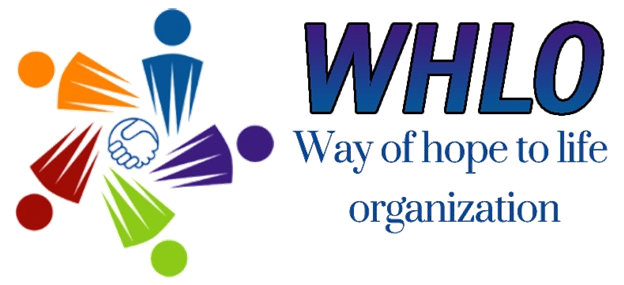Way of Hope to Life Organization (WHLO) has been working in Education sector since 2002. Which is committed to providing basic education for vulnerable groups, including IDPs, Returnees, Refugees, Children, Women, Girls, and Youth. When children and youth are prepared to go to school, learn, and gain the skills they need for life and work, they are able to build more hopeful and prosperous futures for themselves, their families, communities, and countries. Unfortunately, as a result of the COVID-19 (coronavirus) pandemic, education systems worldwide have been devastated, and many schools are closed while children, youth, teachers, and families face even greater challenges. WHLO remains committed to working with donor to ensure that learners and communities stay safe and continue to learn.
Why is education important for Afghanistan?
While Afghanistan is making progress in improving access to education, approximately 3.7 million children remain out of schools. 2017 saw nearly half a million newly displaced people in Afghanistan, as well as an influx of over 600,000 Afghans returning from Iran and Pakistan. Droughts connected with climate change and other conflicts are pushing more people to migrate and undermining efforts to get more children in school.
More than half of returnee girls and boys are currently out of school due to the lack of capacity of schools to enroll additional children, lack of required documentation to facilitate enrollment, cost factors, and language, gender and cultural barriers.
Education is an essential building block in Afghanistan’s progress toward peace, security and sustainable economic development. Education brings empowerment and enlightenment. We can’t afford to lose another generation to war, conflict and displacement.
Up to US$35 million will be required annually from international donors and national entities to cover the full cost of the multi-year programme. We are calling on the global community to step up and be counted. Funding education in Afghanistan isn’t just the right thing to do for our global humanity, it will also power our work to end poverty and hunger by 2030, and ensure universal access to education for every girl and boy in Afghanistan. Our work to achieve the Sustainable Development Goals, especially goal , which calls for equitable access to education for every girl and boy on the planet by 2030, cannot be compromised. Education cannot wait for an entire generation of Afghan children that risk being left behind.
Education Cannot Wait is determined to mainstream and accelerate these successes to reach more of Afghanistan’s vulnerable girls and boys and support the government in providing long-term solution to integrate them into the education system.
The Answer
This challenge is so large in scale that it cannot be solved without the scaling power of technology. Education is in its essence a profoundly human and social process. Technology applied in the right way can augment the unique human value, while empowering the student, the teacher, and the community, and making quality education scalable, affordable and certified.
WHLO is committed to adapting and configuring technology to serve this end; to enhance the educational processes and organization to be able to leverage the adapted technology, and to invite the technology industry to bring their solutions, innovation power and resources to bear on this challenge.
Many of the crises resulting in the challenge are semi-permanent, expanding or cyclical of nature. This means that our answers need to be durable – providing solutions that will last – and immediate – providing solutions as emergency response since education cannot wait.
Girls education is highly appreciated and recognized by the Organization. Accordingly, more than 13000 Girls children were addressed through different literacy educations.
These girls were supported with education materials, teachers training to improve their teaching and learning skills. These girls’ children were also trained on the gender equality and self-reliance. these could help them to develop self-confidence to ensure their lead and lives better.
Women who are unemployed are also privileged to get education access to ensure their livelihoods. Because of this WHLO supported more than 5,000 women to get life skill and literacy education.








WHLO had successfully trained over 15,000 women, youth and IDPs in vocational skills and functional literacy. Over 50 different projects were implemented under this category covering 14 provinces. Training on handbag making, shoes & sandals making, Embroidery and tailoring skills, building construction skills, carpentry, electronic equipment repair, steel work and in many other trades and skills. This skill training was also supported by providing basic and functional literacy training and business development support. We also provided assistance in job placement for successful candidates. These projects were funded by UNIFEM, USAID, GIZ , The Asia Foundation and other funding partners.

